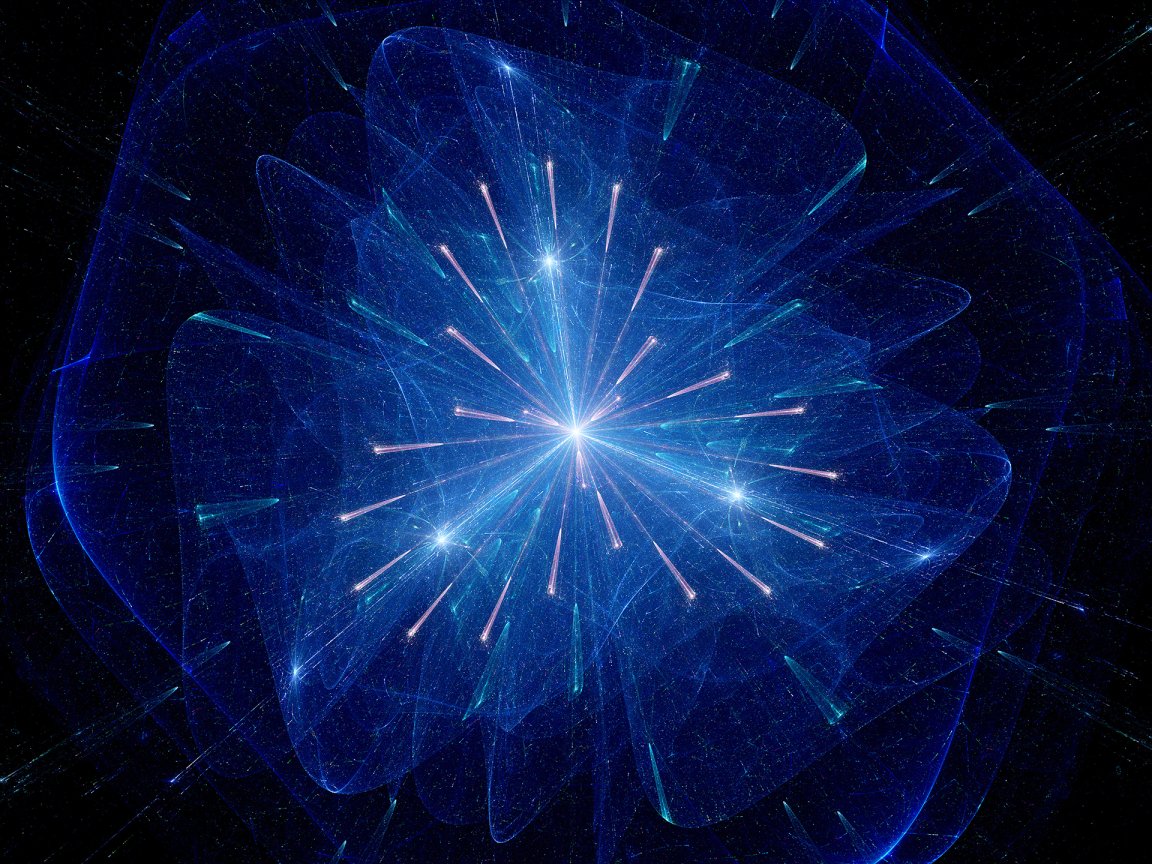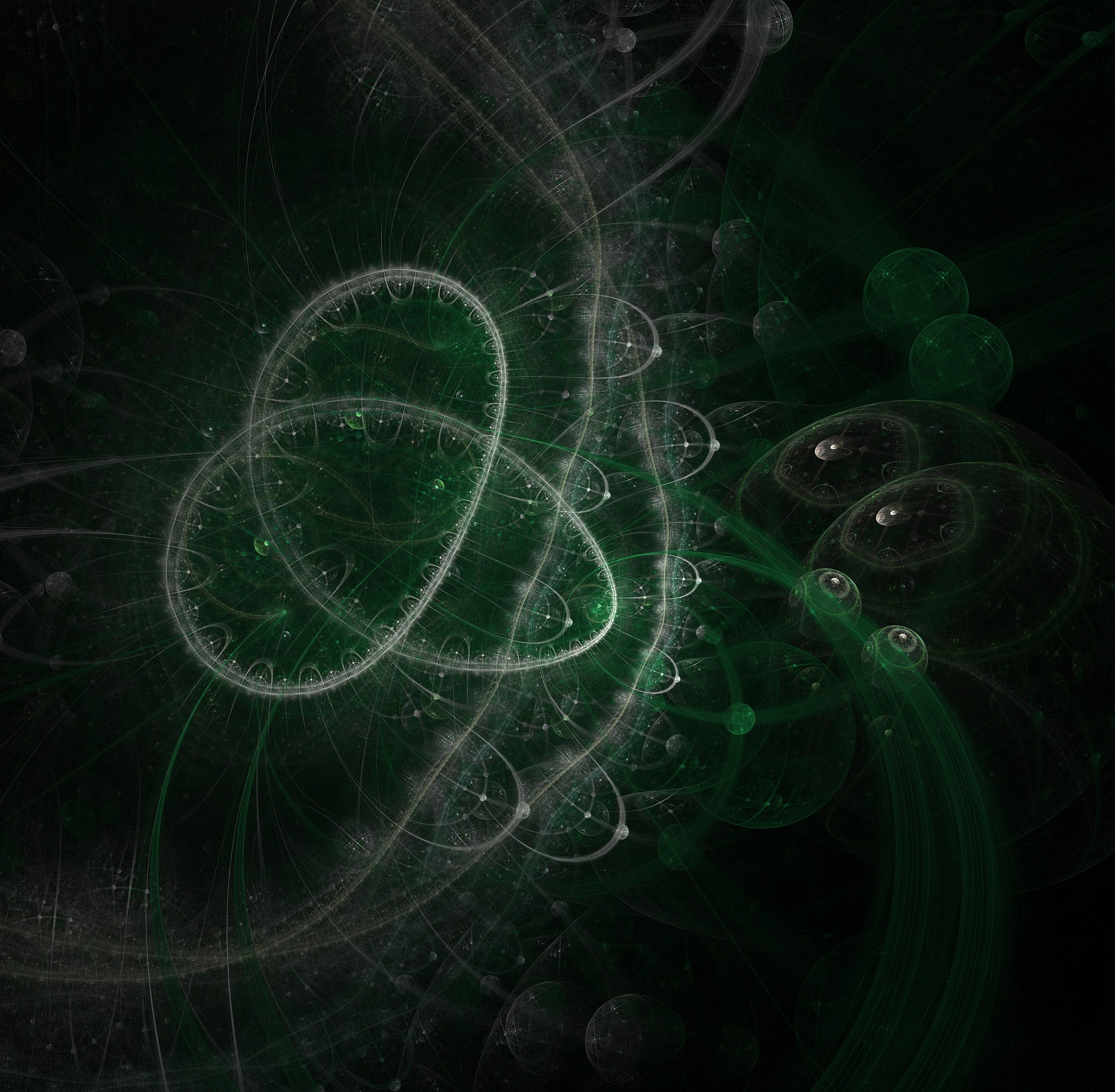
Quantum Checks
Checks might not sound like a very high-tech option for sending money safely, but thanks to quantum computing, they may one day be forgery-proof. Researchers using IBM’s cloud-based quantum computer have run a proof of concept study on quantum currency and proxies like checks.
It would work like this: I owe you money, so I go to the bank and prove my identity. They issue me two qubits, both of which are linked to the remaining qubits that are still in the central computer at the bank. I give one of them to you, and after using my passcode to log into the system, I encode the qubit with the amount that I owe you. You can take that qubit to the bank. Since the bank can measure the state of any single qubit in an entangled system and identify the state of all qubits within that system, it can use this entanglement to verify that its own central computer was the origin of any given quantum check. Once it does that, it will give you the money.

Practical Problems
This all sounds amazing, but would it work? And, if it’s possible, when could we use it?
There are still a few hurdles to clear. Transporting qubits is still an issue as quantum computers would need massive cooling systems. University of Oxford researcher Subhayan Roy Moulick also pointed out to New Scientist that with today’s technology, a quantum check would probably be about the size of a laptop—not so convenient. (There’s also the other problem, which is that many of us don’t use physical checks anymore anyway, and adding a qubit to physical checks wouldn’t make them seem any more convenient.)
However, despite these obstacles, University of Texas researcher Scott Aaronson suggests that the bank could simply manage the entire transaction, keeping it ultra secure, and eliminating the need to carry quantum checks around. In reality, the quantum check won’t become a reality anytime soon anyway, because the IBM system’s qubits last for just a few, fleeting milliseconds. “Ideally,” Aaronson quipped to New Scientist, “one would like cheques that can last longer than that before being cashed or deposited.”
Furthermore, if you’ve been following quantum computing news, you’ve perhaps noted the other problem. Every check would require the loss of two qubits from the system, and given that the latest quantum systems from IBM boast only 16 and 17 qubits — three times as many qubits as the last version — the obvious dearth of qubits seems clear. Even if Google succeeds in building its 49 qubit computer later this year, it will likely be decades before this kind of qubit surplus is a reality.